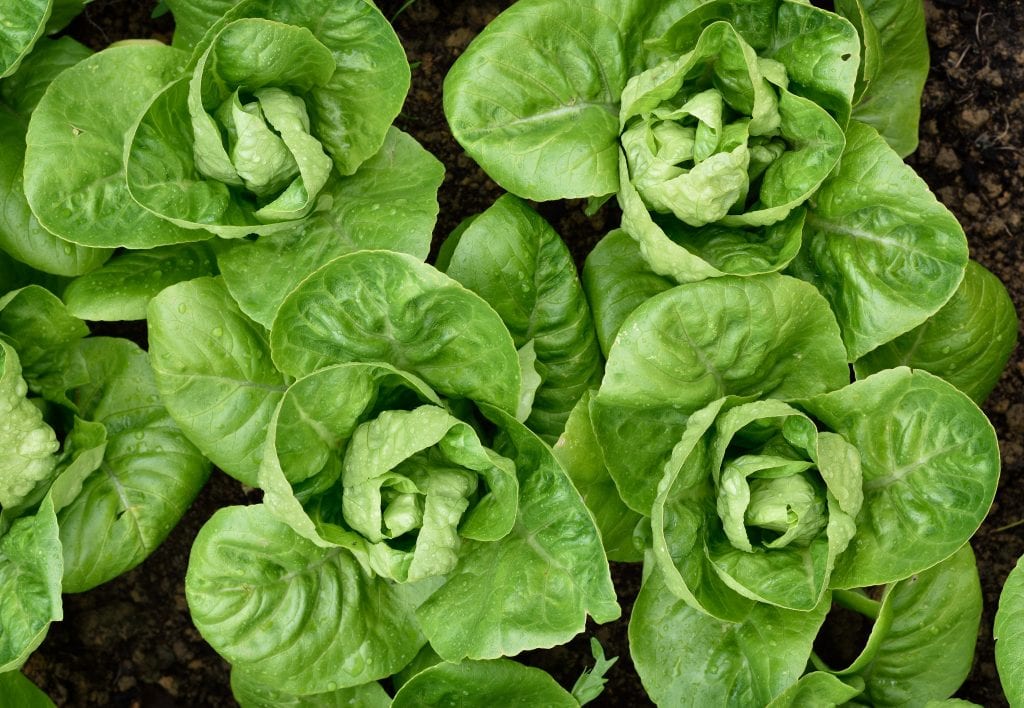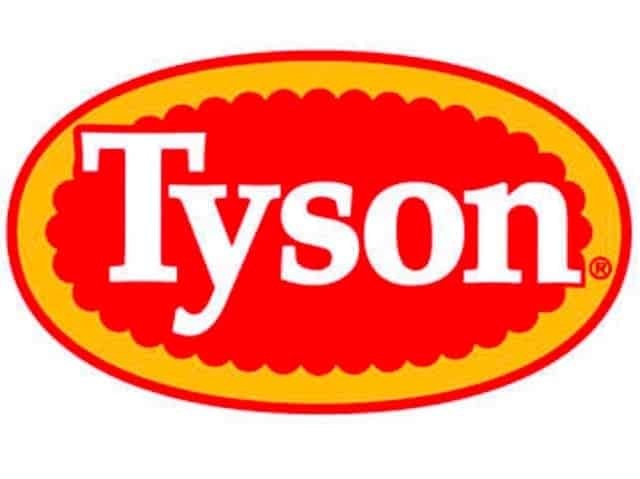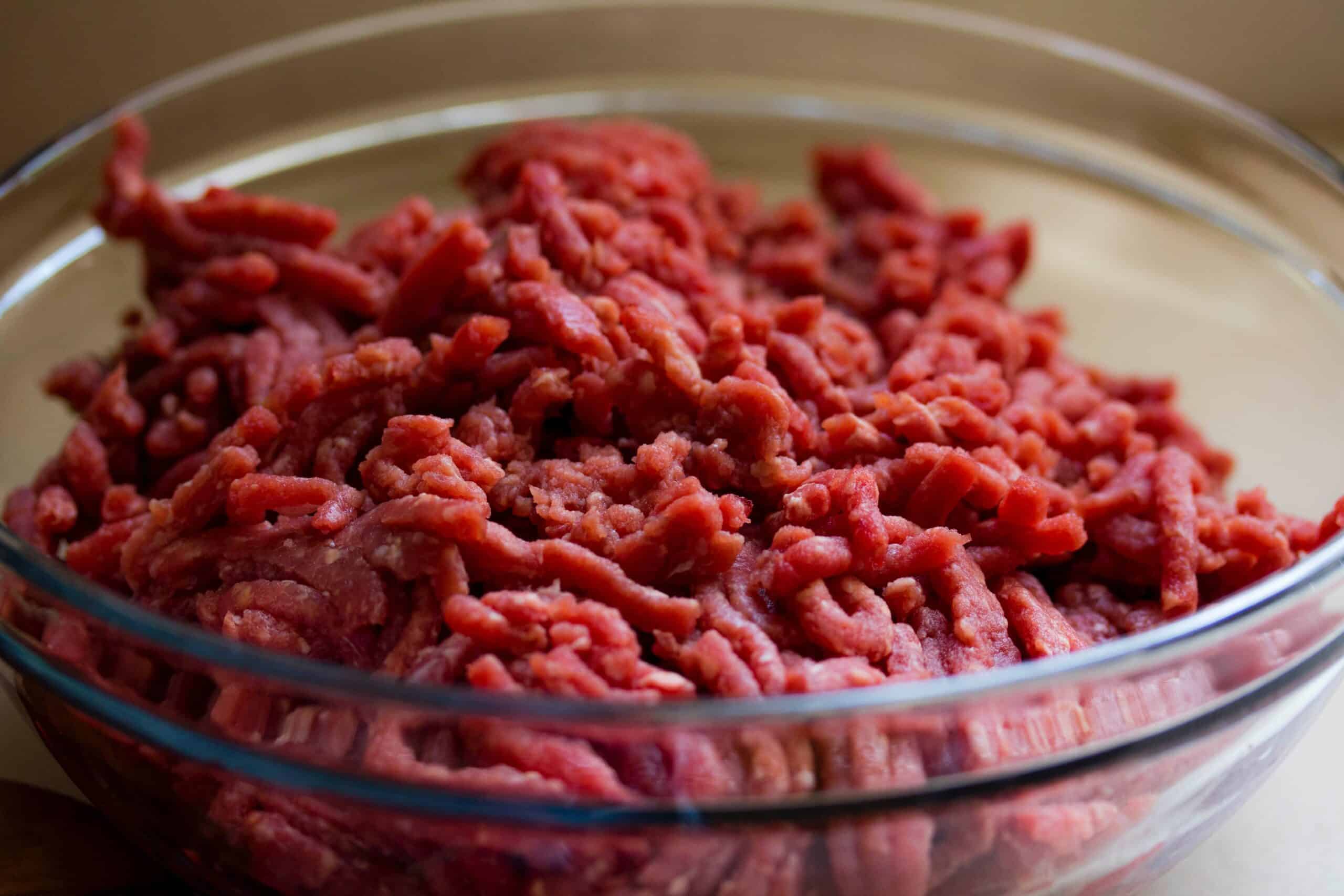RECALL ALERT: All Romaine Lettuce! November 2018
The CDC has issued an alert. They are advising people not to eat romaine lettuce–no matter the source or brand. They are also advising retailers and restaurants to stop selling and/or serving romaine lettuce.

Information to keep in mind:
- Throw out all romaine lettuce–even if you’ve eaten some of it and haven’t gotten sick.
- Throw out all romaine lettuce regardless of the brand or expiration date. This includes romaine lettuce that was bagged or boxed, fresh romaine lettuce, whole heads, hearts, pre-cut, salad mixes that include romaine, etc.
- If you’re not sure if your salad mix contains romaine, don’t eat it.
- If you have any romaine lettuce, wash and sanitize any drawers or shelves in the refrigerator where it was stored. Use warm soapy water and thoroughly wash all surfaces that may have been contaminated. If you like, use one tablespoon bleach in one gallon of water to sanitize after washing with warm soapy water.
What are the symptoms of E. coli?
If you’ve eaten romaine lettuce and notice the following symptoms, contact your healthcare provider right away! Symptoms may include:
- severe stomach cramps
- diarrhea (often bloody)
- vomiting
- some people may have low grade fever (less than 101˚F)
You may get sick from 3 to 4 days after eating something that contains the bacteria, but illness can begin anywhere from 1 to 10 days after exposure.
E. coli infection can (rarely) lead to Hemolytic Uremic Syndrome (HUS)
On rare occasions, people with E. coli develop a potentially life-threatening complication called hemolytic uremic syndrome (HUS). HUS develops about 7 days after symptoms first appear when diarrhea is improving. If you’ve had E. coli and begin to experience the following symptoms, you must contact your healthcare provider immediately since HUS can be life-threatening!
Symptoms of HUS may include:
- decreased frequency of urination
- feeling very tired
- losing pink color in cheeks and inside the lower eyelids
What should (and shouldn’t) you do if you get E. coli from eating romaine lettuce?
- Talk to your healthcare provider.
- Write down what you ate in the week before you got sick.
- Report your illness to your health department.
- Help public health investigators by answering questions they may have about your illness.
Keep in mind:
It is not recommended by the CDC that you take antibiotics for E. coli infection (until diagnostic testing rules out this infection) since it may increase your risk of developing HUS. Some studies who that patients who have E. coli infections and who receive antibiotics might have increased risk of developing HUS–which is a potentially fatal type of kidney failure.
For more information, click here.








